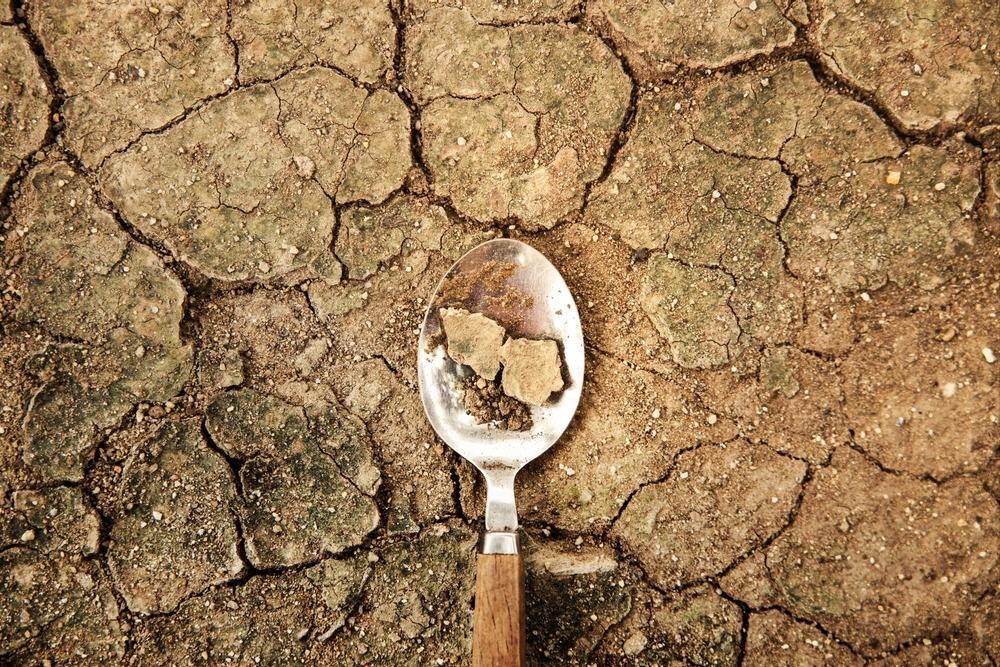The COVID-19 pandemic has worsened the global food insecurity problem, a new United Nations study reports. By the end of the year, the multiple impacts of the pandemic on supply chains, food prices, and availability, and job security will potentially force an additional 150 million people worldwide into extreme poverty where they struggle to feed themselves and their families.
The State of Food Security and Nutrition in the World 2021
The impact of the COVID-19 pandemic on food security is not limited to developing nations, families around the world from a wide range of backgrounds are being detrimentally affected. Unfortunately, NASA predicts that there will not be a quick fix to this problem. The food crisis was looming prior to the pandemic and has only been exacerbated by COVID-19. It is predicted that the impact of COVID-19 on food security will linger for years to come, potentially until 2050.
The issue of food security and the UN’s goals to solve it
Before the COVID-19 pandemic began, the world had been struggling with food security, and as a result, global hunger had been increasing since 2015 following many years of steady decline due to impactful interventions and initiatives.
Today, roughly 690 million people go hungry every day, equating to around 8.9% of the global population. Of this 690 million, 135 million face acute hunger and risk of death. By the end of this year, experts predict that this number will double due to the negative impact of the COVID-19 pandemic.
Before the outbreak of COVID-19 brought the world to a halt, the UN was already tasked with the mammoth challenge of reducing the number of people going hungry, which has been increasing by around a million people annually. Already, issues such as the rapidly growing population, fast increasing urbanization, and changes in global diets (particularly the growing demand for protein in Asian countries) had led to challenges in securing enough agricultural space to produce enough food for the world’s citizens.
On top of this, the agricultural industry has been facing the consequences of global warming, such as longer and more severe droughts, extreme weather events, unpredictable water supply, and soil erosion, which had caused higher frequencies of failed crops, lower crop yields in general, and poorer quality produce.
In summary, before COVID-19, the agricultural sector was already challenged with producing enough food for the world’s citizens, resulting in higher levels of food insecurity around the world. Now, following the pandemic, the much progress that had already been made to increase food security has been lost and it looks like we are now in a far worse position than before.
How COVID-19 has exacerbated global hunger
COVID-19 has claimed the lives of over 4 million people, according to recent statistics, and has affected a further 219 million (at least) who have tested positive for the virus since it was discovered in December 2019. As well as the direct threat to human health that the virus presented, the various attempts to curb its spread also brought many unwanted downsides.
Restrictions to national and international travel, the temporary closure of many important parts of the economy, and self-isolation policies that prevented people from going into work (or leaving the house entirely) forced many countries into a recession and detrimentally impacted global food systems.
Farmers were left without seasonal workers to reap their crops, leading to much food going to waste. Similarly, transportation disruptions meant that food intended to travel long distances often didn’t make the journey, again leading to vast amounts of food waste. Food being imported into countries was also disrupted, causing problems with supply chains. This, with the addition of panic buying, left the shelves of supermarkets around the country empty of many everyday items.
One of the problems with panic buying is that only those with money can buy food in bulk, for weeks in advance. Those living in poverty or close to it do not have the cash available to stock up on supplies. Therefore, when the shelves are empty of the popular products, those who were not able to stock up are left forced to buy the often more expensive alternative products. Given that people in this position are generally those on a lower income, this results in them being able to purchase less food for their money, potentially forcing them to go hungry.
Finally, unemployment has significantly risen in several countries due to the permanent closures of businesses as a result of lockdown and the changing landscape of work. This has led to more people being unable to buy enough food to feed themselves and their families.
The impact of panic buying and other factors of COVID-19 (transportation restrictions and reduced agricultural workers) is already measurable. Recent statistics show that the use of food banks saw drastic upticks during 2020, with some locations seeing a 61% rise in use, numbers reflected in photos that made the news in the UK of people in London in long queues for food banks that stretched down entire roads.

Image Credit: Black Salmon/Shutterstock.com
Will food security bounce back?
Experts do not believe that the impact of COVID-19 on food security is something that will simply be resolved once the pandemic is brought under control. Its impact will be long-lasting and will require the action of national and international agencies to protect those most at-risk and ensure that everyone has access to enough food to survive.
Further Reading
Last Updated: Dec 17, 2021